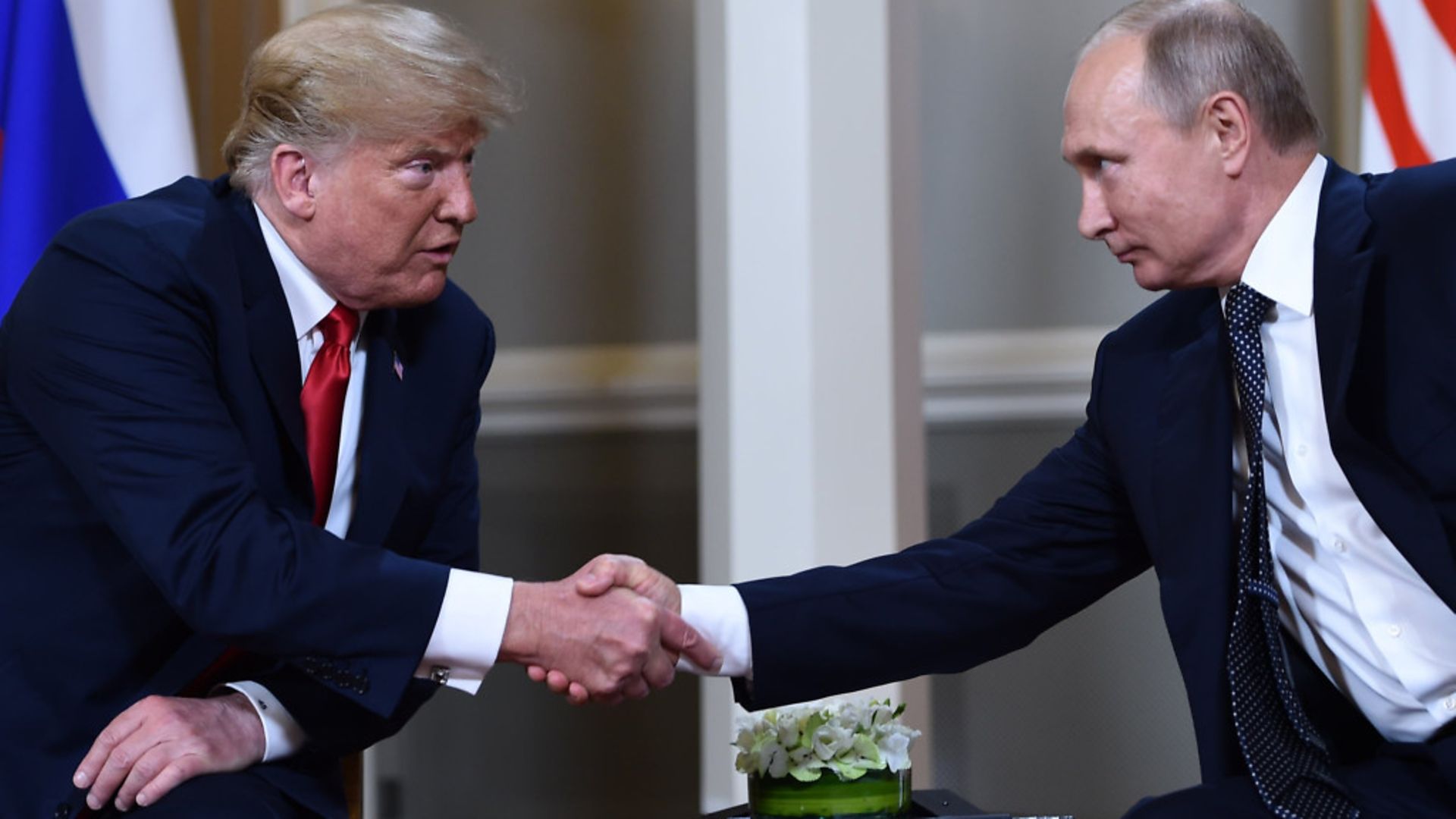
If Russia interfered in the general election we should expect more of the same during Brexit trade talks in the coming months, writes JAMES BALL.
Russia very likely interfered in the UK’s 2019 general election, and virtually no-one cares.
The documents which Labour used to suggest the Conservatives had a secret plan to put the NHS “on the table” in trade talks with the USA had been hacked and posted to Reddit in a manner which independent journalists and Reddit itself said were consistent with previous state-sponsored hacking by Russia.
There is no suggestion Labour had any knowing collaboration or collusion with Moscow to do this, but intent matters – no-one would seriously believe Russia would engage in such activities because of its concerns for Britain’s health service. Instead, it is doing what it has done across the world for years – playing on our divisions, deepening them, and driving us apart.
Few of us seem to care about the trade talks hack because the emergence of the documents suits the politics of many of us. We reason that if they are genuine – even if they don’t actually reveal anything that hadn’t already been publicly reported – then what’s the problem? But this was not the argument we made when the Trump campaign made gleeful use of material hacked from the email accounts of the Democratic National Committee and a Hillary Clinton aide before the US election in 2016.
What the more recent incident especially highlights is the need to move beyond a belief that Russia is promoting specific goals or specific politics – especially the belief that has become relatively widespread among Remainers that Russia interfered in the 2016 referendum because it was desperate to see Brexit happen.
The reality is more complex. When it comes to activity by bots and similar accounts, Brexit-related content was fairly minimal in the run-up to that vote. Russia’s political elite was itself fairly divided on Brexit. While a vote to leave could disrupt and distract the UK (which Russia sees as an end in itself), a Eurosceptic UK staying in the EU would slow down and disrupt that body’s decision-making. It was finely balanced.
Things changed after the vote, especially given the divisiveness the result caused. Russia suddenly became far more active in pushing out messages promoting Brexit – but also, and this is less appreciated, egging on Remainers to feel furious about the result, and to lose faith in the democratic process.
Russian interference isn’t something that happens only to one side, or only to people we disagree with. Their efforts – often fairly unsophisticated and low-key, as the UK is far from Russia’s top priority – are instead pushing on all sides, encouraging anger and division.
This stems from Vladimir Putin’s longstanding zero-sum view of international relations: Anything that harms or hampers its adversaries must be good for Russia.
Paradoxically, this means that even raising the alarm about Russian interference can itself serve Russian ends. If we are all angrily accusing one another of being Russian bots, we can hardly have a constructive debate – and it is genuinely difficult to distinguish an angry keyboard warrior from a Russian bot in this online era.
What does that mean for the year ahead? Moscow’s primary hacking target for 2020 is obvious. If Russia’s goal is to destabilise its biggest adversary, sow division, and even militarily damage Ukraine, with whom it is still at war, it can hope for no better than the re-election of Donald Trump as US president this autumn, and will doubtless go all out to help secure this.
But we can expect activity closer to home. Brexit is now a certainty – the first phase will pass less than a month from now. But the big stakes are only just beginning.
Boris Johnson has given himself just 11 months to negotiate the future relationship between the UK and the EU, a decision that will affect millions of people’s lives and livelihoods.
Simultaneously, he will try to agree trade deals with the US and other nations – a process many fear could lead to drastic changes in food or safety standards, or risk higher drug prices or other disruption to public services. We will need sustained accountability journalism and to be organised to push back where needed.
But while there will likely be many real and legitimate grounds for anger, we need to inoculate ourselves against attempts to divide us for Russian or others’ ends.
We need to try to care about the sources of information, and to only mobilise for real issues, and not fake news.
One thing the government could do to make hacks and information dumps irrelevant is to drop the outdated idea of doing trade talks in secret – if it pledges to publish its materials, aims, and scope of talks (as others do already), the true and accurate information is out there and secrecy can’t be used to foster doubt and alarmism.
In reality, it seems unlikely this will happen. That puts the onus on us to try to guard ourselves against people who would use us as puppets in a dated geopolitical game.
We should try to find the real facts, and the sources of information before we act on it. We should try to occasionally extend the benefit of doubt to our opponents. We should try to focus our attention where we can get real results that benefit us. It’s going to be a tough year. Let’s not make it worse than it has to be.
Warning: Illegal string offset 'link_id' in /mnt/storage/stage/www/wp-includes/bookmark.php on line 357
Notice: Trying to get property 'link_id' of non-object in /mnt/storage/stage/www/wp-includes/bookmark.php on line 37







